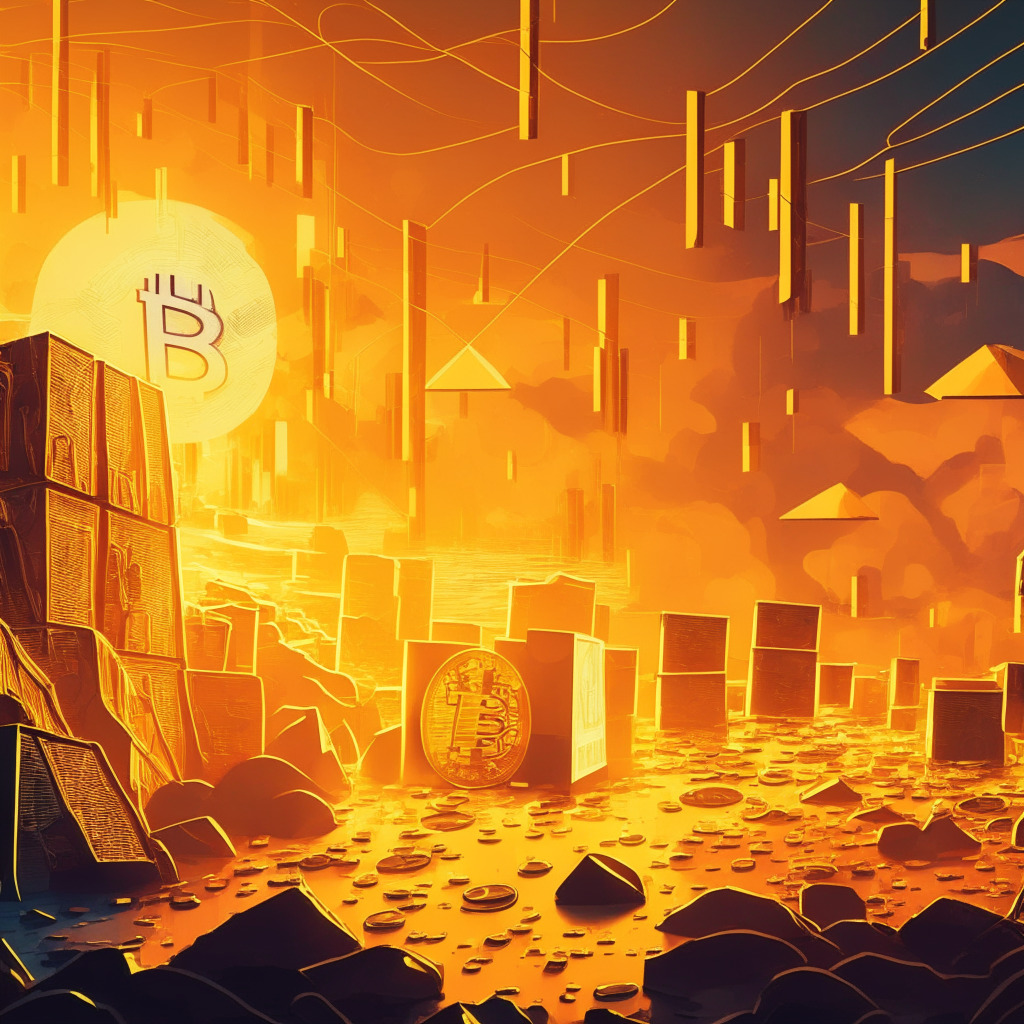In a potentially welcome development for the cryptocurrency industry, Bitcoin (BTC) miners have started earning more from processing transactions than from the creation of new BTC for the first time since 2017. This shift comes amidst the backdrop of a recent increase in profits from transaction processing and the many challenges faced by the industry, including numerous bankruptcy cases.
Miners earn income through two primary methods: generating new BTC through computational processes and processing transactions on the network. With time, the creation of new BTC has become less profitable by design, as the reward is halved periodically. Currently, the reward stands at 6.25 BTC and will be reduced again next year. This presents a potential long-term threat to mining profitability as the reward diminishes, and will eventually disappear once all BTC have been mined.
The recent surge in transaction-processing profits has been a welcome change, especially considering the struggles faced by the mining industry during the crypto winter. This trend gained momentum on Monday, with mining pools like Luxor Technologies and AntPool receiving higher transaction fees from newly added blocks than the 6.25 BTC mining reward.
Ordinals, a new project that embeds non-fungible tokens (NFTs) onto Bitcoin’s blockchain, can be partially credited for this shift. Colin Harper, head of content for mining pool Luxor Technologies, referred to this recent development as a “cool example of how, just when you think Bitcoin has become boring, there’s something waiting around the corner that surprises everyone.”
Many had previously doubted whether the transaction fees could ever replace the mining subsidy in the future, and questioned whether Bitcoin blockspace could have use cases beyond settling value. However, the emergence of Ordinals and the boom in NFTs have shown that there are new uses for blockspace and that any use that generates fees is ultimately good for Bitcoin in the long run. The key lies in determining if these inscriptions and Ordinals can maintain their relevance.
Meanwhile, the average Bitcoin transaction fee has skyrocketed by more than 560% in May, reaching $19.20, as per data from BitInfoCharts. This trend highlights the growing importance of transaction-processing revenue for miners and raises the question of how the industry will evolve in the coming years as block rewards continue to diminish. While the present situation offers some optimism amidst the uncertainties, the long-term sustainability of this development remains to be seen.
Source: Coindesk




